The Ultimate Guide to Buying a Company Car
September 8, 2020
I am a serial entrepreneur and a consumer advocate. When I’m not helping car buyers, I love working on ventures that have a positive impact. I run a cause marketing agency and serve on the board of Vayu Global Health where we are disrupting the medical industry and preventing the needless deaths of mothers and babies during childbirth.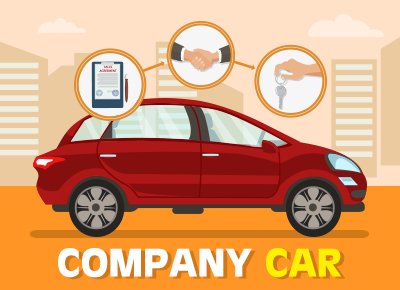

There are many reasons that people get a car for company use. Whether it's for your own use or for the use as company representatives, buying a car for business use has many advantages. However, it's also a process with many potential issues if you don't follow the right procedure and protocol.
This comprehensive guide will show why a company car might be right for you and how to purchase one.
Table of Contents
- The Top Reasons to Buy a Company Car
- Who Can Purchase a Vehicle Under Company Name?
- Claiming Tax Deductions on a Company Vehicle
- Costs Associated with Purchasing a Business Car
- Should I Buy or Lease a Company Car?
- Where Can I Buy a Vehicle for my Business?
- Financing Options When Buying a Company Vehicle
- Registering Your Business Vehicle
- Getting Insurance for Your Business
- Best Car Deals by Category
- Frequently Asked Questions
The Top Reasons to Buy a Company Car
One of the main benefits of buying a business car is tax advantages. There are multiple ways you can claim tax benefits on a company car, so you should assess the best method for your business before doing your annual taxes. Throughout the year, you must calculate mileage and related expenses, which you should share with your accountant.
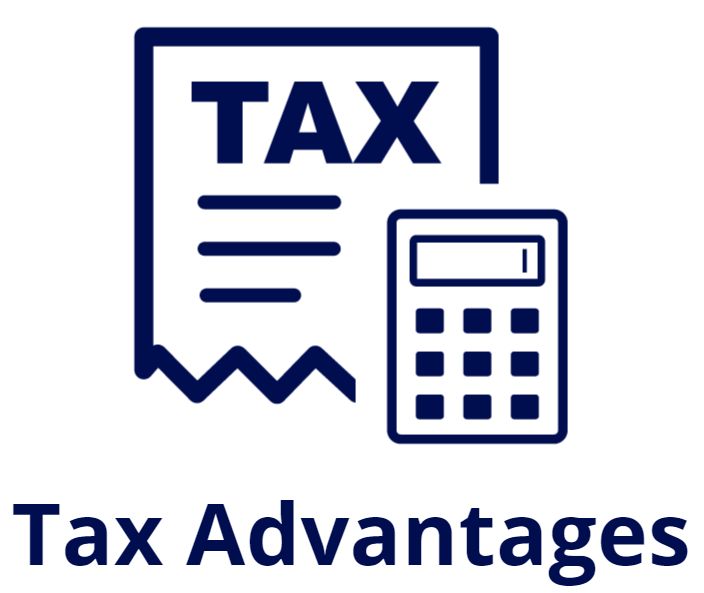 Another advantage of a business car is that it does not affect your personal auto insurance. When you use your own car for business use, any accidents would go toward your insurance rates. However, if a company vehicle is involved in an accident, it does not impact your personal auto rates.
Another advantage of a business car is that it does not affect your personal auto insurance. When you use your own car for business use, any accidents would go toward your insurance rates. However, if a company vehicle is involved in an accident, it does not impact your personal auto rates.
For those reasons, many employees see access to a business car as an additional perk. You can use a company car as an additional employee benefit to attract or retain talent.
Who Can Purchase a Vehicle Under Company Name?
To purchase a company vehicle, your company must be registered as a legal business entity. You must have an Employer Identification Number (EIN) from the IRS, and establish a small-business credit file. Keep in mind, it can take up to a couple of years to build up sufficient business credit to qualify for a vehicle loan. To remain compliant, you must select a vehicle that suits your business needs. Purchasing a luxury sports car with company funds may raise alarms with the IRS auditors.
Claiming Tax Deductions on a Company Vehicle
There are two primary ways that small-business owners can claim expenses related to a business vehicle. One way is to use a standard mileage deduction, and the other is to record and deduct the actual car expenses.
People that use the company vehicle for personal and business use can only deduct the miles driven for business purposes. You can determine this by figuring out the percentage of total operating expenses related to business use. If you drove 30,000 miles in a year and 15,000 were for business use, then you can claim the standard deduction for 15,000 miles, or 50% of your allowable car-related expenses. Businesses with 5+ vehicles cannot take the standard deduction. Allowable expenses include:
- Depreciation
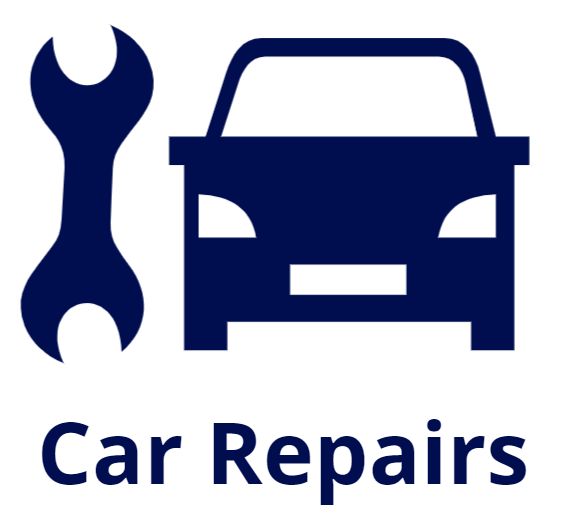
- Licensing
- Repairs
- Tolls
- Parking Fees
Costs Associated with Purchasing a Business Car
The vehicle price is not the only cost you face when buying a vehicle for your company. You must also consider the payments for:
- Insurance
- Expenses from accidents
- Liability risk
Should I Buy or Lease a Company Car?
You can either purchase or lease the company vehicle. Which option is best depends on your unique circumstances. Here's what you need to know about buying vs leasing a business vehicle:
Buying a Company Vehicle
 Not all vehicles will qualify for tax breaks, make sure to consult your dealer about which cars qualify.
Not all vehicles will qualify for tax breaks, make sure to consult your dealer about which cars qualify.- You can write off actual costs or mileage as a business expense, but you'll have to stay with that choice for the lifetime of the vehicle.
- More control. When you own a business car, you can choose how much you drive it, upgrade it as you want, and add your logo.
- Buying is often the cheaper option when you consider taxes and payments, but cost savings occur over the long-term
Leasing a Company Vehicle
- Businesses commonly lease through an operating commercial lease, meaning you can immediately declare your lease payments as an operating expense to reclaim the money right away.
- Gives you a predictable monthly payment, with the leasing company handling unexpected expenses.
- You must oblige to a mileage limit and other restrictions on use.
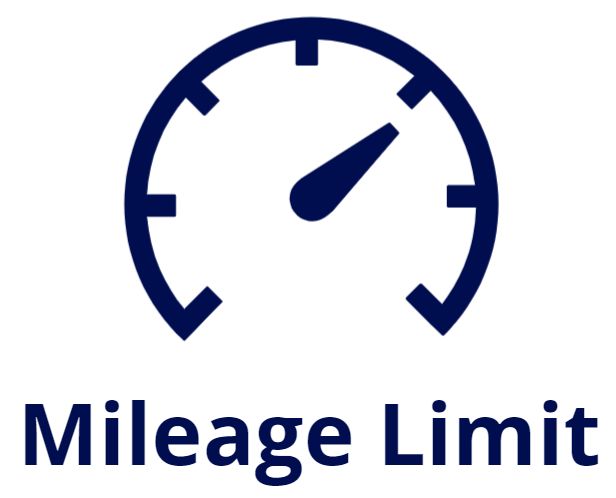 You need to examine the contract closely for hidden fees, especially those related to the residual value of the vehicle.
You need to examine the contract closely for hidden fees, especially those related to the residual value of the vehicle.- Capital leases allow you to part-own the vehicle, with the option of buying it at the end of the term. It's more expensive than buying outright, but has a lower upfront cost.
Oftentimes, it is less expensive to buy your company vehicle. On the other hand, leasing can be a great option for companies that need more benefits in the short-term. Additionally, the tax benefits that come with depreciation may make leasing a business car cheaper over time than buying.
Qualities to Look for in a Car for Your Business
There are a lot of considerations you must put into when purchasing a car for your business. Some of the top features to keep in mind are:
- The vehicle size. How are you using the car? Think about the amount of space you'll need to complete your business tasks. Do you need a commercial truck lease?
- Relevant add-ons. Which optional extras will be beneficial for your business. Think about extras that can battle depreciation, elude prestige, and contribute to your business tasks.
- Aesthetics. Of course, you want a company car that represents your business and grabs attention, especially if its one you own and can put your brand logo on.
- Fuel efficient. Refueling is a steep cost that you want to limit. Additionally, many business cars are used for shuttling between offices or tasks, so fuel economy is not something to skimp on.
Where Can I Buy a Vehicle for my Business?
You are not limited to buying a brand-new car from a manufacturer for your company, there are many options for buying your business vehicle. Here are some options and their considerations for obtaining a company vehicle:
Using a Vehicle You Already Own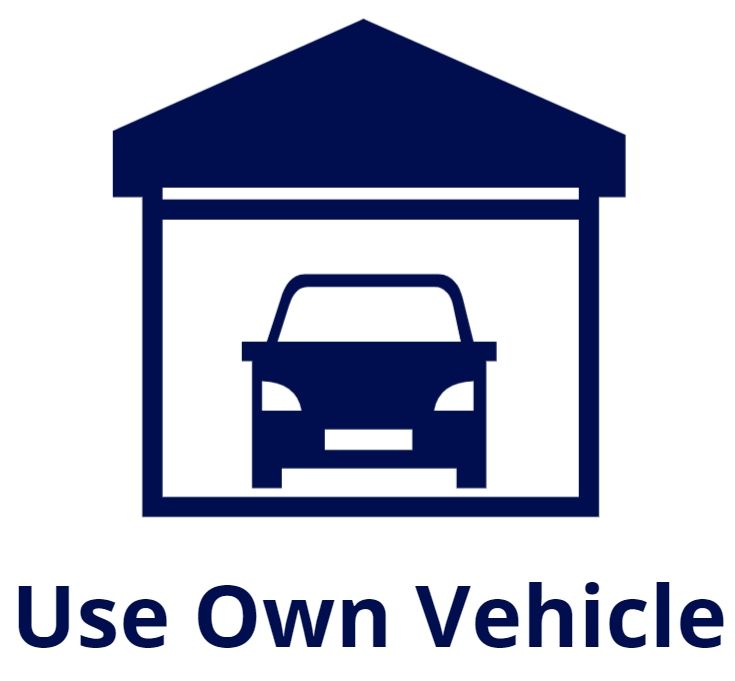
Arguably the least expensive way to acquire a company vehicle is to use a vehicle you already own. You have the option to convert a vehicle you already have into one for business use. Instead of putting up thousands of dollars for a new company car, you can transition one you already have and spend the money elsewhere.
Buying a Used Vehicle for Your Business
You can also purchase a used vehicle instead of a new one. Since vehicles depreciate, they aren't a great investment. The money you save purchasing used vs new may be better spent elsewhere. Be cautious when buying used, consult the "blue book" to learn the reasonable value of a given make/model, and always have the vehicle inspected by a professional before buying. Leverage any "defects" to negotiate a lower price, and obtain the warranty information up front, in writing.
Buying a Car for Your Company from a Manufacturer
Of course, you can also buy directly from the manufacturer. However, some manufacturers have restrictions, with dedicated websites for fleet purchasing. For example, Ford requires that you own 15 cars or purchase five Ford vehicles in the past year. If you don't meet the manufacturer's restrictions, then you can purchase from a local dealership with experience selling business cars.
Recommended: Check out this complete breakdown of each manufacturer's fleet program.
Financing Options When Buying a Company Vehicle
There are several ways to finance your business car purchase. If your company has the capital, you can buy the car outright. Of course, leasing is another way to break up the cost of buying a vehicle, but you can also search for a car loan. If you have a strong credit profile and can find a good purchase deal, financing your company vehicle can be a good option. Search for a lender that offers competitive rates and value.
Registering Your Business Vehicle
Once you purchase your business car, you'll need to properly register it. Each state has unique registration requirements based on the size of the vehicle, its intended use, and where you will operate it. If the vehicle is over 55,000 lbs, you'll need to show proof of insurance.
When you buy a company car, you will need to pay for it and sign all documents in the name of your business. Many dealerships will be able to help you with the process of purchasing and registering in your company's name.
Getting Insurance for Your Business
Insurance is incredibly important for your company vehicle. If you will primarily use the vehicle for business, then commercial auto insurance is likely the best option. Those who use the vehicle for personal and business use may need to consider personal auto insurance. Both commercial and personal policies are available form the major insurance companies, and the agent who handles your business insurance policies should be able to help you.
At first glance, purchasing your company vehicle can seem overwhelming. Fortunately, most of the hard work is done upfront. Once you've sorted through the points in this guide, you'll be able to run smoothly and focus on the other core operations of your business.
Best Car Deals by Category
Frequently Asked Questions
Can I purchase a vehicle under an LLC?
Yes! You can buy a car or obtain a car loan under a business name, including as a limited liability company (LLC). You'll first need to establish business credit, which can take up to two years in some cases.
Should my company buy a car?
If you use a vehicle a lot for your business, then it makes sense to buy a vehicle through your company name, especially if you already have established credit in your business name.
Is it better for my business to buy or lease a car?
There is no set-in-stone answer for leasing vs buying for small-business owners. Typically, buying is more cost-effective and allows you to drive however far you want/need, but the tax deduction tends to be lower. Leasing reduces your up-front investment, comes with more tax deduction options, and makes it easier to upgrade every 3-4 years, but also includes several restrictions.
What company car expenses can I write off?
- Mileage for the year for business, charity, and medical trips.
- You can deduct the business portion for expenses of oil, gas, maintenance, and depreciation.
- Business car insurance for the actual expense method.
- The business portion of your lease payments.
- Cost of business parking or tolls.
- Interest on a car loan and personal property taxes you pay on the company vehicle.
Posted in Car Buying Tips |




